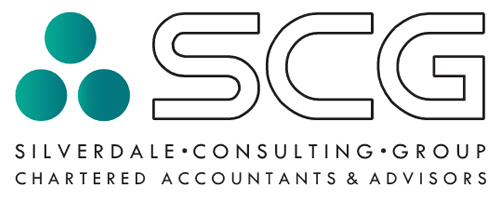You will hear the term ‘due diligence’ whether you are buying or selling an established business. But what does it actually mean, and what does it involve? Since Silverdale Consulting Group offers a range of Melbourne accounting services – including business-related due diligence – we get these questions all the time. That’s why in today’s blog we are answering some due diligence FAQs to help you gain a little clarity on the process.



What is due diligence?
In the business world, due diligence refers to the process of careful review before the acquisition of an established business. That is, the prospective business owner must conduct an investigation on all aspects of the business they are looking to purchase, including some of these points:
- The value of the business, and how it performs financially
- The risks attached to buying the business
- The business’ operations, including customer contracts
- The history of the business’ legal and tax compliance
Due diligence is usually specified with a timeframe in a letter of intent for asset purchase agreement. The letter of intent is a document that indicates two parties are willing to do business together. Depending on the seller, it may also include details such as the agreed price, financing requirements and the approval process. A letter of intent is essentially there to ensure that communication between the buyer and seller is understandable, transparent and effective. This is what helps to secure a successful negotiation.
Due diligence is normally conducted before a final binding contract has been signed. This way, the seller can answer any questions the buyer has about the business, and the buyer can investigate and confirm whether acquiring the business is the right decision for them. Due to the sensitive nature of the information that buyers will have access to, it is a good idea to have them sign a non-disclosure agreement before commencing due diligence.
How do I conduct a due diligence review?
If you are a seller
As someone who is looking to sell their business, your contribution to the due diligence review is to be prepared with all necessary documents and information that the buyer may want to access. This information can include anything from an asset list to a breakdown of outgoing costs.
You may even want to conduct a due diligence review of your buyer. This can help you assess whether they can actually purchase and run your business in the future.
Whether you are reviewing your buyer or simply providing information, you should get assistance and advice from both a solicitor and an experienced accountant.
If you are a buyer
Planning to become a prospective owner of an established business? There are many things you should check with the help of an accountant and solicitor. We’ve listed them all below.
What needs to be checked within a due diligence review?
As a prospective business buyer, you need to thoroughly examine the history and forecast of the business before you make your potential investment. While you need to ensure you go through your due diligence checklist with an accountant and solicitor, it is imperative you review the following at the very least:
- Business income statements
- Recent records of profits and losses (from the last 2-3 years)
- Records of accounts receivable and payable
- Balance sheets and tax returns, including business activity statements from the last 3-5 years
- Stock details
- Cash deposit and payment records (as reconciled with the accounts)
- Any utility accounts
- Any outstanding bank loans and lines or letters of credit
- Privacy details of employees, trading partners and customers
- The seller’s claims about their business (including why they are selling)
- Audit work paper files (if available)
- Intellectual assets of the business, such as intellectual property or patents
- Existing contracts with clients and/or staff
- Partnership and lease agreements
As a business seller, you should review all these points with your solicitor and your accountant so that you can have the information ready when the buyer asks for it. You should also prepare answers to tough questions the buyer might have. It helps to be knowledgeably prepared for questions relating to:
- The business’ perceived weaknesses
- Any periods of poor growth or performance
Accounting services, Melbourne
Whether you are a prospective buyer or seller, you need to have an experienced accountant by your side to help you review documents and processes such as due diligence.
Silverdale Consulting Group offers a wide range of accounting services in Melbourne, including forensic accounting processes. Our specialist knowledge is invaluable in detailed forensic business processes such as due diligence reviews. To find out more about our accounting services in Melbourne, don’t hesitate to contact us today on (03) 9497 5885.
